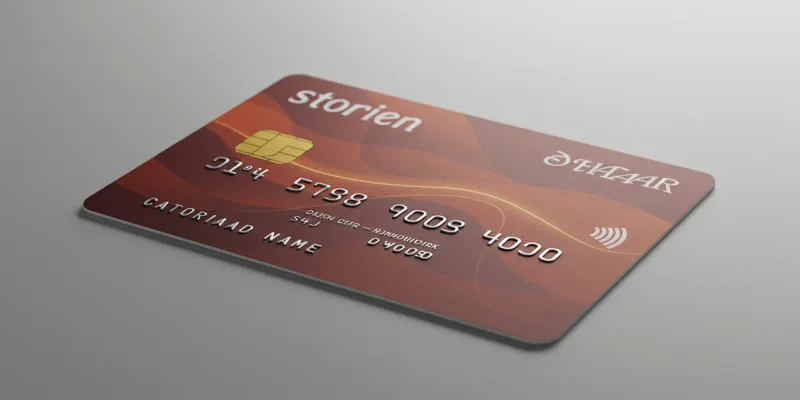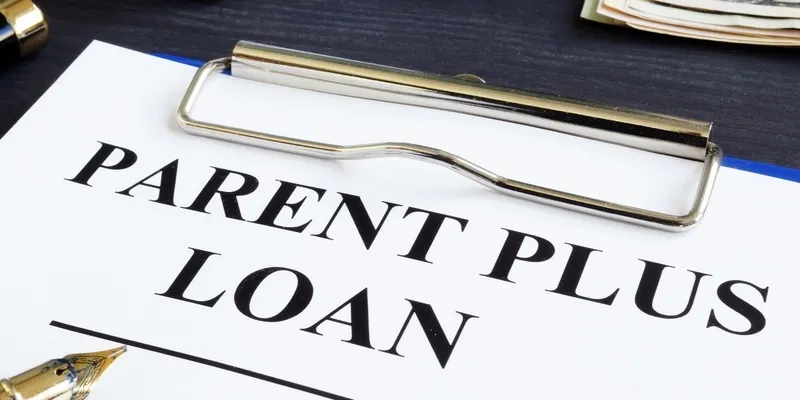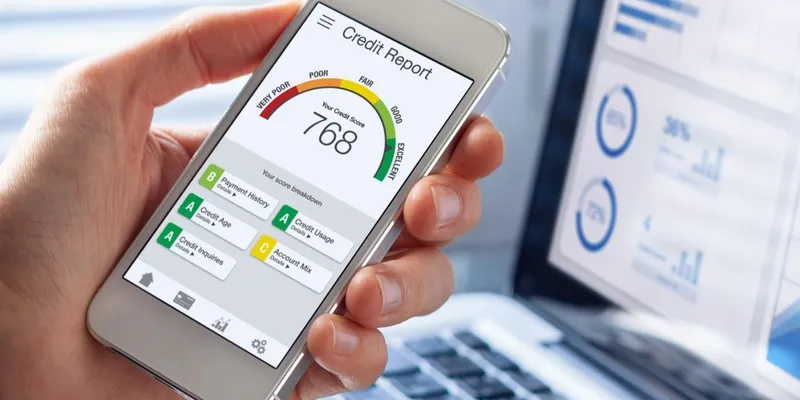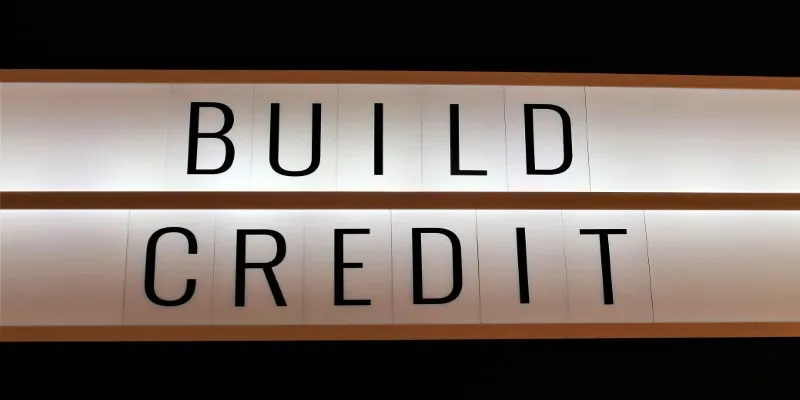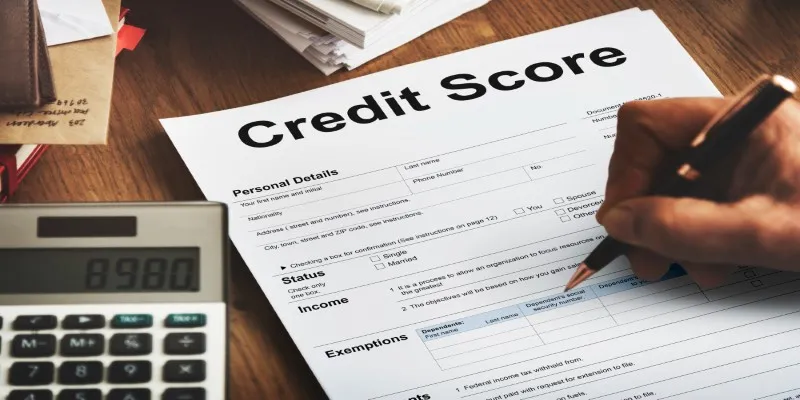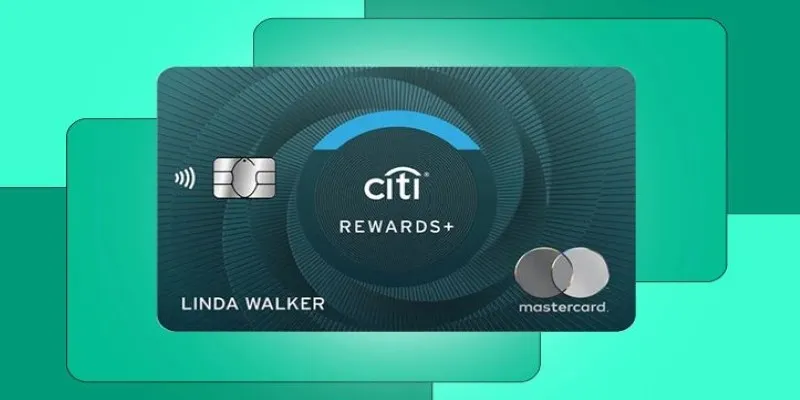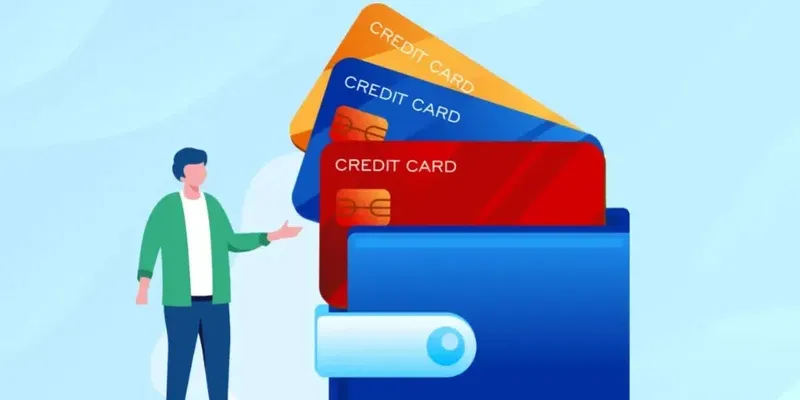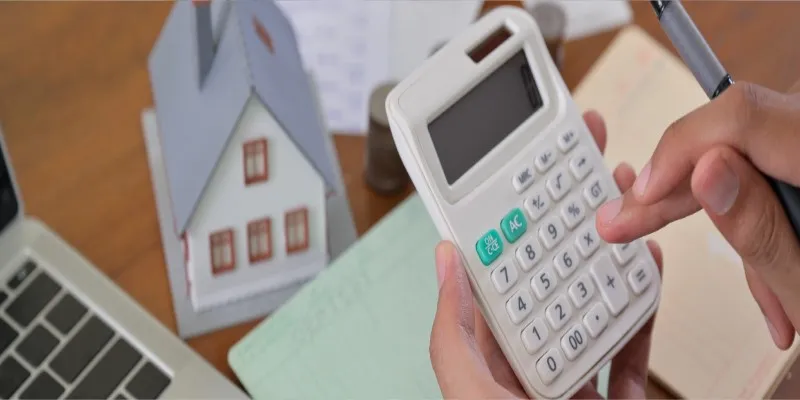Qualify for an Emergency Loan Even With Bad Credit: Steps and Tips
Applying for an emergency loan can be challenging, especially if you have poor credit. However, there are steps you can take to enhance your chances of approval and secure the funds you need. Understanding emergency loans, knowing your credit rating, and finding the right lenders for poor credit situations are crucial. Additionally, having all necessary documents in order and considering co-applicants or guarantors, as well as collateral, can significantly increase your approval chances. This article outlines the essential steps and advice needed to meet the requirements for an emergency loan, even if your credit is less than perfect.

Understanding Emergency Loans and Bad Credit
Emergency loans are short-term financial solutions meant to provide funds quickly during unforeseen situations. These loans are often needed for urgent expenses like medical bills, car repairs, or any other unexpected financial obligation.
What Is an Emergency Loan?
An emergency loan is typically an unsecured personal loan offered by banks, credit unions, or direct online lenders. They are designed to provide quick access to funds with minimal documentation and expedited approval processes. However, due to the urgency, these loans often come with higher interest rates and associated costs.
Challenges of Bad Credit Approval
Securing an emergency loan with bad credit can be particularly difficult. Lenders view borrowers with poor credit scores as high-risk, leading to potential application rejections or unfavorable credit terms. To convince lenders of your creditworthiness, you may need to enlist a guarantor, add a co-signer, or offer collateral to secure the loan.
Steps to Qualify for an Emergency Loan
To improve your chances of qualifying for an emergency loan, especially with bad credit, follow these strategies:
Review Your Credit Report and Score
Start by checking your credit report to identify any inaccuracies or issues that may be affecting your score. Correcting errors can improve your score and increase your chances of loan approval. Understanding your credit score will also help you identify lenders more likely to approve your application.
Research Lenders Specializing in Bad Credit
Not all lenders offer loans to individuals with poor credit. Take the time to find lenders specializing in bad credit loans, as they often have more lenient terms and tailored loan products for subprime borrowers. Explore online lenders, credit unions, and other financial institutions that cater to this market.
Prepare Necessary Documentation
Having the required documentation ready can expedite the loan application process and increase your approval chances. Essential documents may include pay stubs, identification, and details about existing liabilities, which help reassure lenders of your ability to repay the loan.
Consider a Co-Signer or Collateral
If your credit rating is very low, consider adding a co-signer with a better credit score or offering an asset as collateral. A co-signer provides additional security for the lender, while collateral reduces their risk by securing the loan with an asset you pledge in case of default. Both options can significantly enhance your likelihood of approval.
Emergency Loan Tips for Bad Credit Borrowers
To secure better loan terms, bad-credit borrowers can use these tips:
Compare Loan Terms and Interest Rates
Always compare the terms and interest rates of loans from multiple lenders before accepting an offer. Even with poor credit, there are variations in rates and fees. By evaluating all your options, you can choose a loan that costs you the least to borrow.

Start With a Smaller Loan Amount
Consider requesting a smaller loan amount initially. Lenders may feel more comfortable approving smaller loans for bad-credit borrowers due to the reduced risk. Additionally, smaller loans are easier to repay, which can help you build your credit reputation and access larger loans in the future.
Focus on Timely Repayments to Improve Credit
If you secure an emergency loan, prioritize timely repayments to avoid falling into a cycle of debt. Consistent, on-time payments will boost your credit score, qualifying you for better loan offers in the future. A good payment record also establishes your credibility with lenders, making it easier to access additional credit facilities.
Alternatives to Emergency Loans
If you don’t qualify for an emergency loan, consider these alternative options:
Explore Credit Union Loans and Peer-to-Peer Lending
Credit unions often offer better rates and more lenient approaches to members with poor credit scores. Similarly, peer-to-peer (P2P) lending marketplaces connect borrowers with individual investors who may be more flexible in their credit assessments. Both options can provide alternative ways to obtain the funds you need.
Consider Negotiating Payment Plans With Creditors
If you urgently need money, try directly communicating with your creditors. Many creditors are willing to restructure payment plans or offer temporary relief if you’re unable to make payments. This approach can provide the financial breathing room you need without resorting to high-interest emergency loans.
Conclusion
To secure an emergency loan with a bad credit rating, you must take certain precautions and make informed decisions. By understanding your credit, researching suitable lenders, and considering options like co-signers or collateral, you significantly increase your approval chances. Additionally, exploring credit union loans or negotiating with creditors can help you access the financial assistance you need without incurring high-interest loans. Ultimately, these strategies will enable you to make better financial decisions and support credit rebuilding for future borrowing needs.
